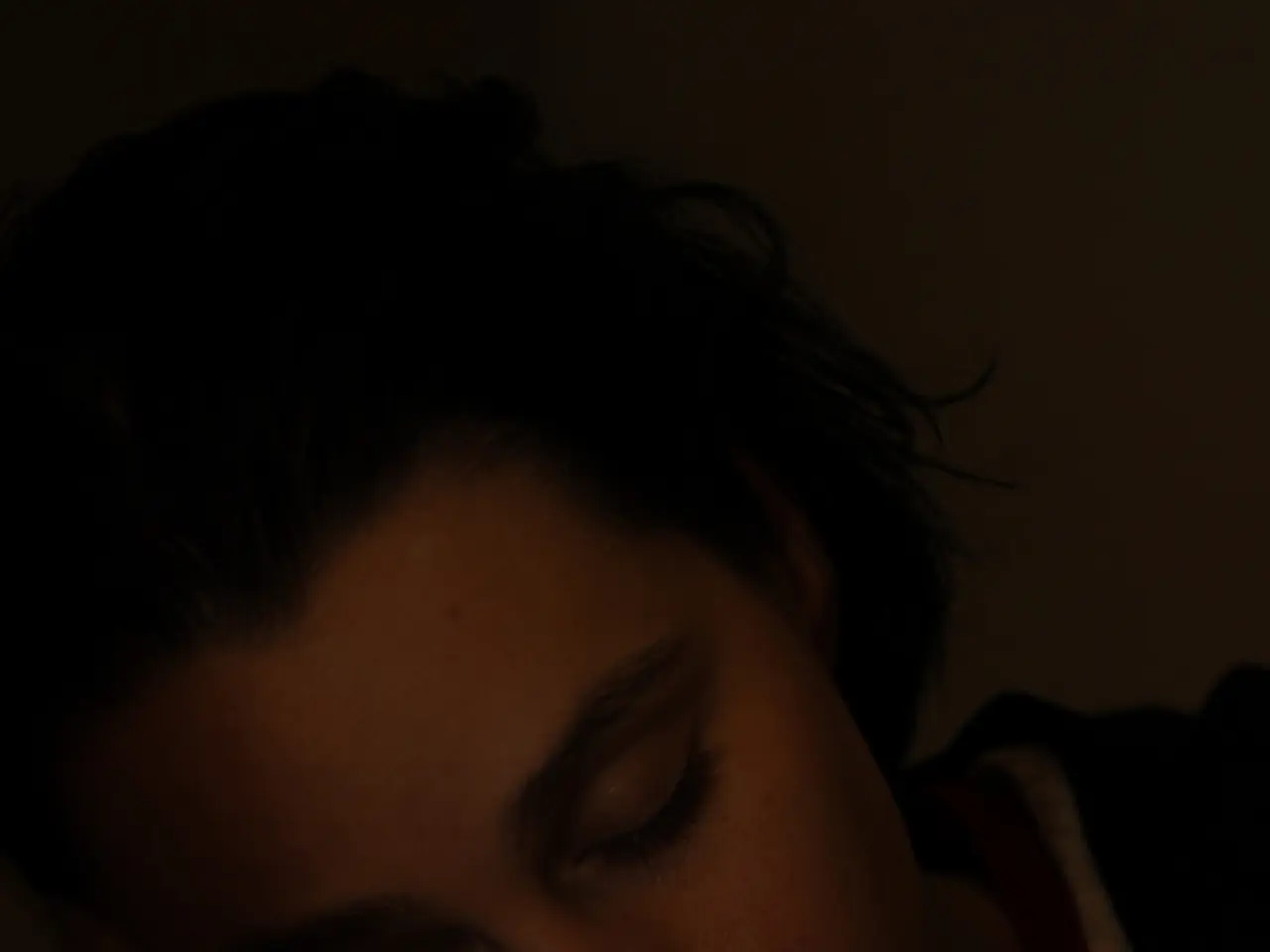"Dining and Nightly Muse: Does What You Eat Affect the Content of Your Dreams?"
Diet plays a significant role in the quality and content of dreams. Certain foods can affect sleep quality and physiological responses, such as digestion and gastrointestinal comfort, which in turn influence dream patterns.
For instance, dairy, especially for those who are lactose intolerant, and sweets are often linked to more intense or vivid nightmares. This is due to the digestive discomfort and sleep disruption caused by these foods [1][2]. Food allergies and intolerances, including gluten intolerance, have also been associated with increased nightmare prevalence.
Heavy, fatty, spicy, or very sweet meals consumed close to bedtime can impair sleep quality by causing discomfort, indigestion, or frequent awakenings, which may indirectly increase dream recall or disrupt normal sleep cycles [4][5].
On the positive side, foods rich in melatonin or serotonin precursors, such as tart cherries, kiwi, nuts, fish, and eggs, may promote more restful sleep and potentially positively influence dream quality by stabilizing sleep cycles, although direct effects on dreams are less well understood [3][4].
Timing of the last meal is crucial. Having meals several hours before sleep supports better sleep and potentially healthier dream experiences [1][2][3][4][5].
Emotional eating, often linked to feelings of guilt or anxiety, could carry over into dreams. Late-night snacking might lead to more vivid dreams tied to unresolved feelings.
Herbal teas, such as chamomile or valerian root, are often recommended for their calming properties and may help induce a sense of relaxation and improve sleep quality.
Fasting or eating earlier in the evening may contribute to more intense dreams due to the brain's response to the fasting period and potential increase in the production of certain hormones.
Vitamin B6 is known for its influence on dream vividness. It helps in the conversion of tryptophan into serotonin, which plays a key role in regulating sleep and mood. High-sugar foods, especially when consumed late at night, can lead to more erratic sleep patterns, which may impact the quality of REM sleep and vividness of dreams.
Spicy foods may increase body temperature, leading to restless nights and potentially more vivid or disturbing dreams. Vitamin B6 and B12 supplementation could help reduce the frequency of disturbing dreams.
Alcohol might decrease dream intensity or a reduced ability to recall dreams upon waking, but it might also lead to more chaotic, fragmented dreams for some individuals. Consuming too much caffeine, alcohol, or high-sugar foods late at night can disrupt sleep cycles.
In conclusion, certain foods can significantly impact the quality and content of dreams. By being mindful of what and when we eat, we can potentially improve our sleep quality and dream experiences.
[1] https://www.ncbi.nlm.nih.gov/pmc/articles/PMC2673340/ [2] https://www.ncbi.nlm.nih.gov/pmc/articles/PMC3257497/ [3] https://www.ncbi.nlm.nih.gov/pmc/articles/PMC4173433/ [4] https://www.ncbi.nlm.nih.gov/pmc/articles/PMC3257497/ [5] https://www.ncbi.nlm.nih.gov/pmc/articles/PMC3948380/
- Diet, particularly foods that trigger digestive discomfort or sleep disruption, can affect dream patterns, as some research suggests.
- Foods rich in melatonin or serotonin precursors, like tart cherries, kiwi, nuts, fish, and eggs, are believed to promote restful sleep and potentially improve dream quality.
- Timing of the last meal is critical in supporting better sleep and potentially healthier dream experiences.
- Emotional eating, often linked to feelings of guilt or anxiety, could carry over into dreams and lead to more vivid dreams tied to unresolved feelings.
- Herbal teas, such as chamomile or valerian root, are recommended for their calming properties and potential to improve sleep quality and dream experiences.
- Fasting or eating earlier in the evening may contribute to more intense dreams due to the brain's response to the fasting period and potential increase in the production of certain hormones.
- Certain vitamins, like Vitamins B6 and B12, are known to influence dream vividness and may help reduce the frequency of disturbing dreams. On the other hand, consuming high-sugar foods, especially late at night, can lead to more erratic sleep patterns, which may impact the quality of REM sleep and vividness of dreams.




